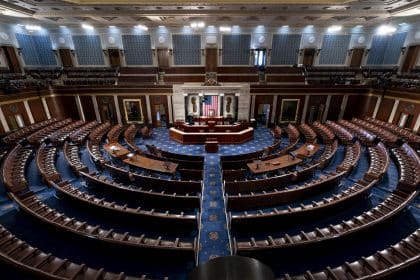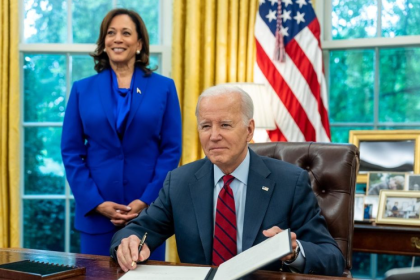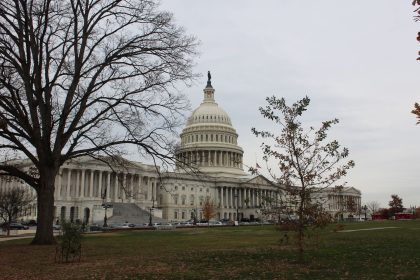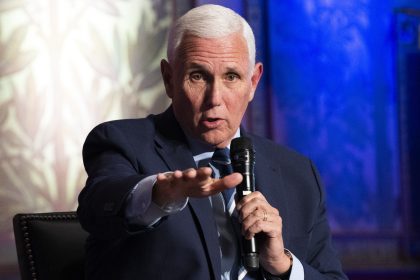DOD to Perform First Review of Private Contracts In Over 30 Years
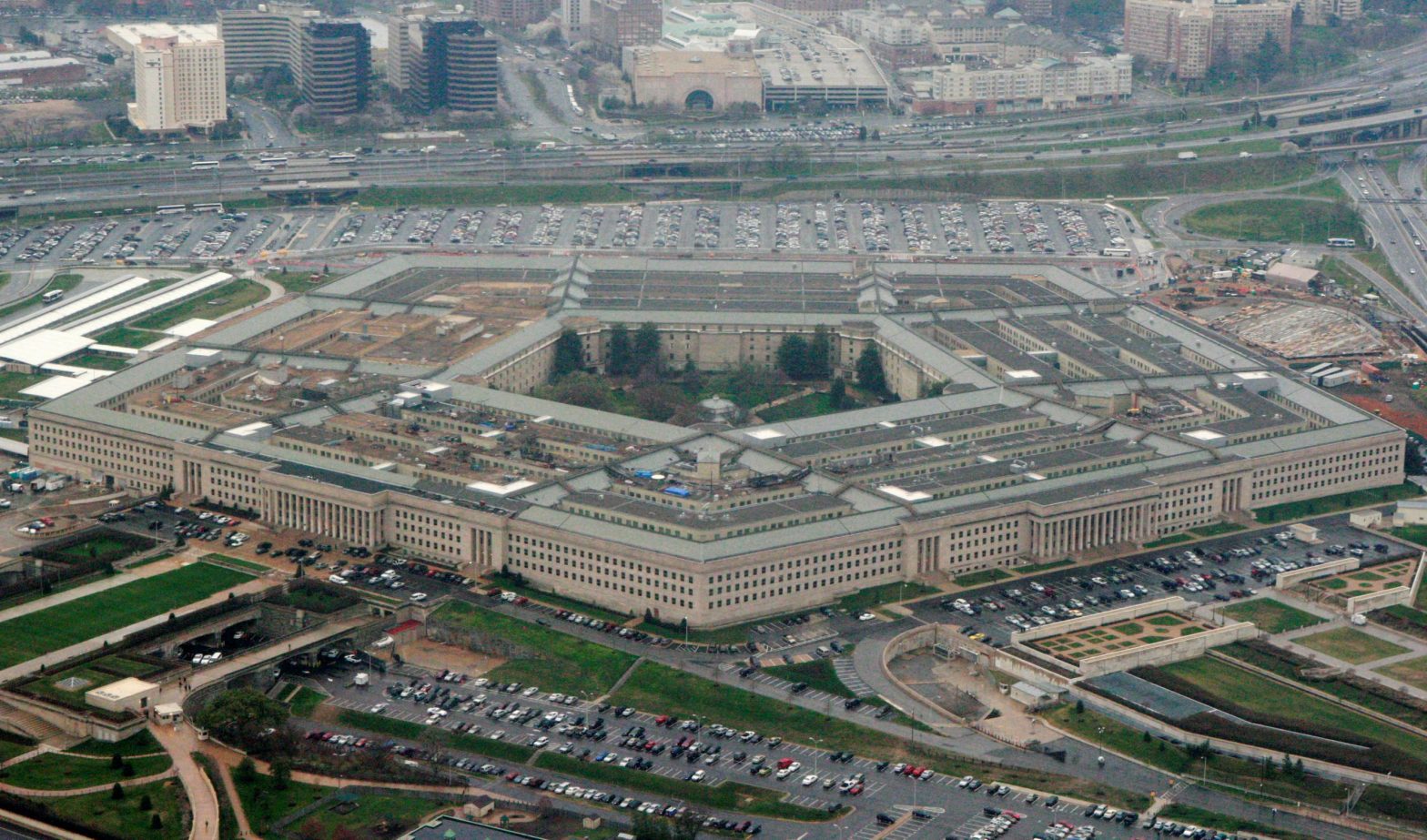
WASHINGTON – The Department of Defense is conducting its first fiscal research study in over 30 years to determine the efficiency and overall health of the military industry and its private contractors. The decision comes as part of a push by the DOD to utilize budgeted funds more efficiently in the face of supply shortages and bottlenecks created by COVID-19.
The Center for Government Contracting at George Mason University announced in late June they would be assisting in the research after a $1 million award from the Office of Defense Pricing and Contracting within the Office of the Under Secretary of Defense for Acquisition and Sustainment.
“These studies are part of a DOD effort with universities to undertake independent research to better understand the finance dynamics in the defense marketplace,” the George Mason Center for Government Contracting announced in a press release. “Mason will examine free cash flow in the defense sector, the impact of cash flow by contract type and financing, financing and its impact on small businesses, and government accounting system requirements as a barrier to the commercial sector’s willingness to do business with the federal government.”
The annual Government Contract Pricing Summit, the federal government’s yearly heart-to-heart with the contracting industry, saw incentive-based contracts being pushed over fixed-rate contracts, indicating the government is looking to give private partnerships more wiggle room in how they approach their contracts.
One of the ways the Department of Defense is looking to increase efficiency is by micro-managing less and seeking more ways to find balance with private industry leaders.
“Leadership plays a very important role in this particular area, in terms of challenging the workforce,” Janice Muskopf, DOD director of Price, Cost and Finance, said at the Government Contracting Price Summit. “I believe our contracting officers, as part of their basic role, are to exercise judgment. When people exercise reasonable judgment, and they’ve got their leadership on board with them, they really don’t have anything to fear.”
This push within the defense contracting industry aligns with the Biden administration’s budgetary goals for the defense industry in 2022, within which, they propose a $12 billion increase to make smart and disciplined choices regarding national defense in the face of climate change and COVID-19; to more accurately distribute resources to evolving threats; and to address strategic competition with China.



















